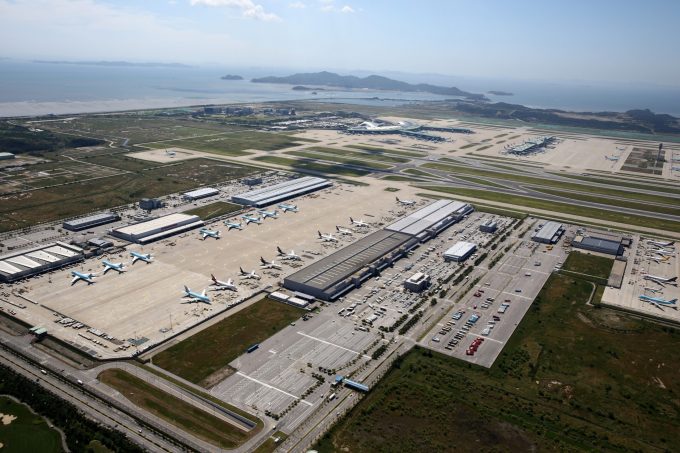Yang Ming launches fleet expansion plan after profits soar
Taiwan’s Yang Ming is bullish about long-haul ocean freight rates as it embarks on fleet ...

South Korea’s Incheon International Airport Corp (IIAC) expects air cargo to double, to 6m tonnes, this year, as manufacturers reorganise their supply chains and step up their “China plus One” strategy.
IIAC said on Thursday the airport, the main gateway to Seoul, ...
Keep our news independent, by supporting The Loadstar
Four crew members still missing as Wan Hai 503 continues to burn
Explosions and 'out-of-control' fire reported on Wan Hai box ship
Carrier price hikes hold, driving spot rates higher as space gets scarcer
Predatory rivals circle as the ripples from DSV's Schenker buy widen
MSC Elsa crew face criminal probe, as Wan Hai 503 firefighters battle on
'It's driving us mad', say forwarders as US court fails to end tariff turmoil
Transpacific rates ease as capacity boost proves too much for trades to digest

Comment on this article